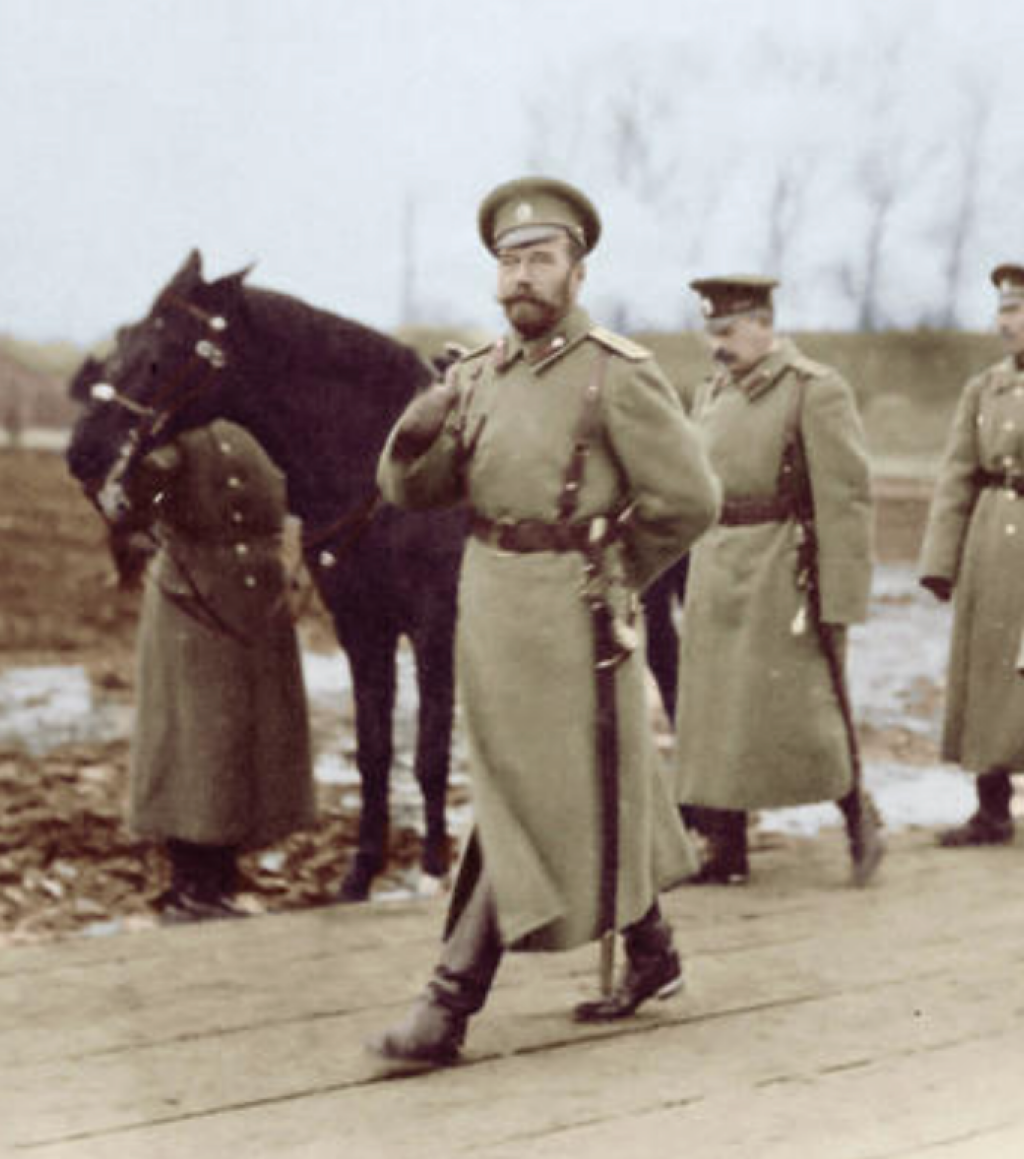In Fall 2020, our friend and colleague Stephen Cohen passed away. At the time, we honored him with a post containing testimonials from past and current recipients of the Stephen Cohen Fellowship, which funds graduate education for master’s students in the Department of Russian & Slavic Studies at NYU, and the Cohen-Tucker Fellowship, which supports dissertation research in the field of Russian Studies. This semester, we are publishing a series focusing on Cohen and Cohen-Tucker Fellows' experiences and research in the REEES field. This is the tenth such post. Past installments in the series may be found here.
This is Part II in a two-part series. Part I may be found here.
Mimi Walker is a Master's student in Russian and Slavic Studies and International Relations at New York University.
So, what does the manosphere have to do with Dostoevsky's Underground Man? One aligning feature between them is the threat of insignificance. It is difficult to self-diagnose insignificance, but both the Underground Man, and the manosphere in its believe that feminism is destroying the world, consider the matter proven. The Underground Man is as dissatisfied with himself as he is with society, acknowledging that he is a puny person with few redeeming qualities who repeatedly finds himself in sickening situations. His insignificance is a constant thorn in his side: his delusional plans of revenge against an officer who offended him fail to have an impact on their recipient, while a "lowly" prostitute like Liza easily bests him in a battle of moral courage. His inability to avoid these and similar situations motivates his desire to flee "underground." Unable to handle the pressures of life in society, he is too preoccupied with issues of identity to maintain even a façade of normalcy.
A similar exodus "underground" produced the manosphere. Yet once there, the sense of insignificance does not leave the refugee from civilized society: instead, it becomes part of his personality, mixing together with a sense of pride at his perspicacity in "taking the red pill. Recall that the Underground Man likes being "underground." His isolation is a splendid one, rooted in pride at being "different" and more intelligent than his contemporaries. Yet for the Underground Man as for the members of the manosphere, these imagined realities cannot hold over time and must eventually combust. As Girard, the Dostoevsky scholar, points out: “Underground pride" is "banal pride.” Despite his attempts to distinguish himself from the rest of society, the Underground Man fails to do so in any concrete form. Gradually becoming aware of this failure, he concludes that “all underground individuals believe they are all the more ‘unique’ to the extent that they are, in fact, alike. The mechanism of this illusion is not difficult to uncover.”
Online spaces provide a refuge for downtrodden (or downtrodden-feeling) individuals who either refuse or simply cannot adapt to perceived societal norms. At first, they went underground to express their angst, but to their delight, found real community — a major difference between Dostoevsky's Underground Man and the incels and MGTOWs of the manosphere. Moreover, whereas Dostoevsky’s Underground Man is a caricature of logical, but extremist tendencies that are present in all humans — an "illness" Girard calls "benign," the online spaces I've described in my posts have a tendency to produce real-world hostility.
A breeding ground for radicalization, the manosphere, with its anonymous fora, encourages men to mount campaigns of online harassment or perpetrate rapes or mass shootings. 2014 mass shooter Elliot Rodger laid bare his plans on YouTube, where he professed a male-centric worldview that scapegoated women as the source of all his personal disappointments. These delusions caused Rodger to murder six people — four of them men — in Isla Vista, California. Shortly before his spree, Rodger published a lengthy manifesto outlining the wrongs he believed society to have committed against him. Later, a feminist blogger satirized his writings by comparing them to Dostoevsky’s Notes from Underground, challenging readers to decide whether this or that statement came from the Underground Man or Rodger. The rage the manosphere exhibited at this satire only pointed to the aptness of the joke: put in their own terms, they had been trolled.
It's interesting to consider the extent to which the manosphere is a product of a new kind of modernity. In his “Metropolis and Mental Life” (1903), German sociologist George Simmel suggested that mental life separates from social life as people move into cities. Though he was writing several decades before the decades of most concern to Simmel, Dostoevsky presented an Underground Man alienated from his environment partly because of his experience of urban decay. Today's "metropolis," in Simmel's sense, is the Internet. Though the Internet is a dispersed series of networks rather than a literal city, Simmel's metropolis remains a useful framework for explaining the phenomenon of the manosphere and the rise of other extremist online content.
Just as human interaction changed as people moved into cities, so too did interpersonal mores shift with the advent of "online." This new metropolis, of course, portends larger social changes than just those affecting the manosphere; Internet extermism is just one symptom of a larger trend. According to Simmel, “the deepest problems of modern life derive from the claim of the individual to preserve the autonomy and individuality of his existence in the face of overwhelming social forces.” Of all Dostoevsky’s tortured characters, the Underground Man perhaps most clearly embodies the conflicts attending modernity.
The "age of rage," a term dating to the 2010s, when the online culture wars began, is in full flower today. Reading Notes from Underground from our contemporary vantage point offers a warning about social fragmentation as a precursor for angry, megalomaniacal fantasies and rising chauvinism. Analyzing the Underground Man's reactions shows that this often directionless rage is a coping mechanism that compensates for profound feelings of inadequacy, loneliness, despair, and loss of status.
Dostoevsky himself understood the dangers his Underground Man presented to people living aboveground. Contra Girard, he makes clear that his character is by no means harmless: “You know what," he has him say, "I am convinced that our sort, the underground ones, ought to be kept on a tether. Though we’re capable of sitting silently in the underground for forty years, once we do come out and let loose, we talk talk talk…” As we have seen, the manosphere let loose is capable of much more than "talk," voluminous though the new Underground Men's "notes" may be.



